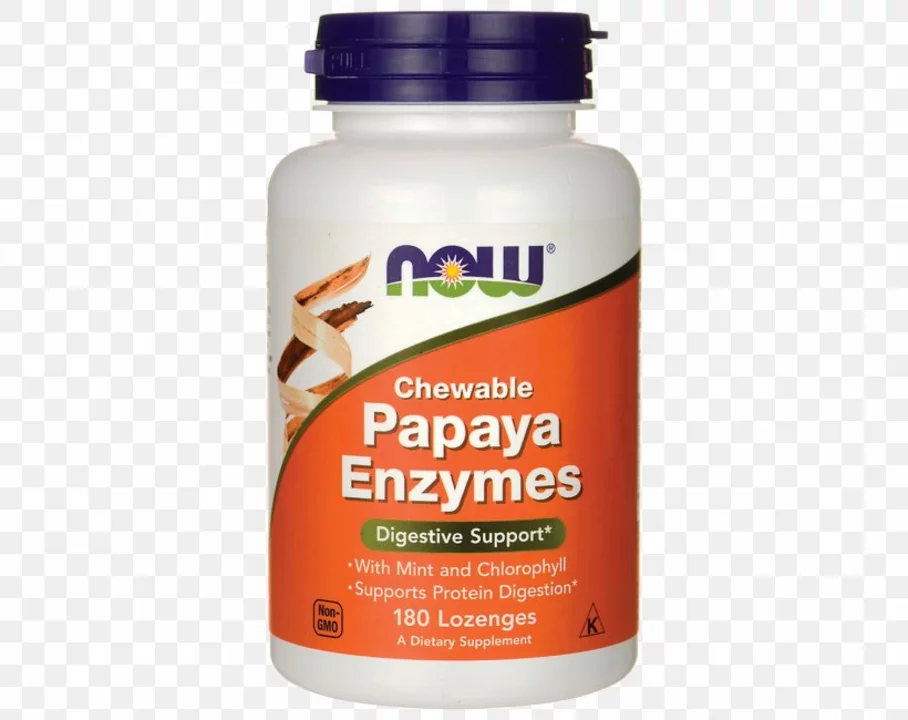Digestion: Simple Fixes, Smart Medicine Choices, and Real Supplement Advice
Got bloating, heartburn, or slow digestion? You’re not alone — many people wrestle with this every week. The good news: small, specific changes often bring fast relief. Below I’ll cover practical steps you can try today, when to call a doctor, and how to use medications or supplements without making things worse.
Start with the basics. Add 5–10 grams of fiber daily from whole foods like oats, beans, and apples, then increase slowly to avoid extra gas. Drink plain water throughout the day — aim for steady sips rather than huge glasses with meals. Eat smaller meals more often if large meals leave you bloated. Chew food thoroughly; that actually reduces acid reflux and speeds digestion.
Watch what you drink. Fizzy drinks and alcohol commonly worsen bloating and reflux. Swap one fizzy drink a day for water or herbal tea and see how you feel in a week. If coffee triggers reflux, try low-acid coffee or switch to tea some days.
When medicines help — and when they can hurt
Over-the-counter antacids or H2 blockers can stop occasional heartburn quickly. Proton pump inhibitors (PPIs) like omeprazole work well for frequent reflux, but long-term use can change nutrient absorption and raise infection risk. Don’t stay on a PPI for months without a plan from your doctor. If pain feels sharp, you’re vomiting blood, or losing weight without trying, get urgent care.
Avoid regular NSAID use (ibuprofen, naproxen) when you have stomach pain; these drugs can irritate the lining and cause ulcers. If you need pain control and have stomach issues, ask your clinician about safer alternatives. Always check interactions before mixing prescription meds with herbal supplements.
Supplements and herbs: pick wisely
Some people find herbal supplements helpful for digestion. Sarsaparilla and agrimony appear in traditional use and show some early lab signals for inflammation control, but human data are limited. Goji and hawthorn are popular for general wellness, not as targeted digestion fixes. If you try herbal supplements, choose a trusted brand, check third-party testing, and tell your doctor—especially if you take blood thinners, diabetes meds, or immunosuppressants.
Probiotics can help with occasional constipation or after antibiotics, but strains matter. Lactobacillus and Bifidobacterium strains are the common starters; try a short trial and note symptom change. If you have a weakened immune system, talk to your clinician before starting probiotics.
Use this tag page to find focused articles: digestive-safe drug guides, supplement deep dives, and safe online pharmacy reviews. Read the acetaminophen guide for pain options if stomach issues limit NSAID use. Check our supplement reviews for buying tips and interaction warnings. If symptoms persist more than two weeks or get worse, see a healthcare provider. Browse the posts below to match a specific problem to a clear next step.





